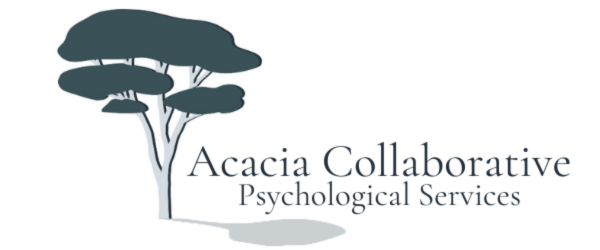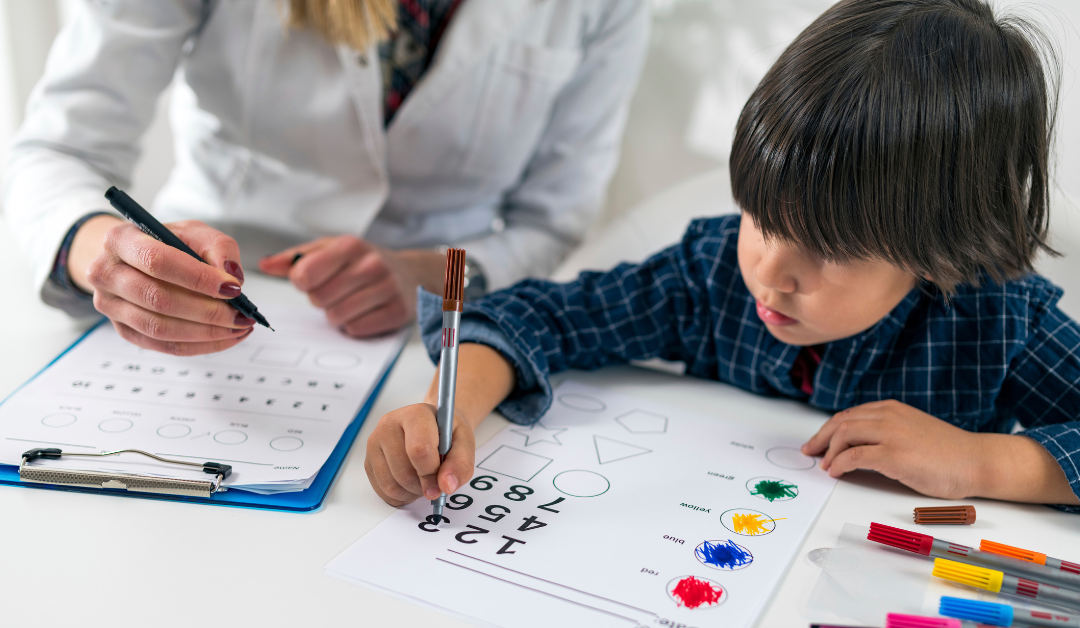As a parent, witnessing your child struggle in school can be incredibly disheartening. They may be putting in hours of effort yet falling behind, experiencing test anxiety, or feeling frustrated with subjects that seem to come easily to others. If you suspect your child might have a learning disability (LD), getting a proper diagnosis is the first step towards empowering them to reach their full potential. Learning disorder testing can seem overwhelming, but understanding the process can equip you to advocate for your child’s education. In this blog post, we’ll delve into the world of learning disorder testing and answer some of the most common questions parents have.
How Does Learning Disorder Testing Work?
Learning disorder testing is typically conducted by a qualified professional, such as a school psychologist, educational therapist, or neuropsychologist. The evaluation process is multifaceted, going beyond a single test. Here’s a breakdown of what you can expect:
- Review of Background Information: The professional will gather information about your child’s academic history, medical history, and observations from teachers regarding strengths and weaknesses. This might include report cards, standardized test scores, and teacher notes.
- Standardized Tests: Standardized tests are used to assess skills in areas like reading, writing, math, and language processing . These tests help identify areas where your child’s performance falls significantly below what would be expected for their age and intellectual ability.
- Cognitive Assessments: Cognitive assessments may be used to evaluate things like memory, attention, processing speed, and problem-solving skills.
- Curriculum-Based Measures: These assessments look at how your child performs on tasks and assignments that are aligned with their grade level curriculum. This can help pinpoint specific areas where they might be facing difficulties.
What Are 4 Signs of a Possible Learning Disability?
Learning disabilities manifest in various ways, but here are some common signs to watch out for in your child:
- Difficulties with Reading: Struggling with decoding words, reading fluency, or comprehension could be a sign of a reading disorder like dyslexia.
- Trouble with Writing: Having challenges with written expression, spelling, or grammar could indicate a writing disorder.
- Math Challenges: Difficulty with math concepts, calculations, or problem-solving could be a sign of dyscalculia, a math learning disability.
- Organizational Issues: Problems with staying organized, planning tasks, or managing time can be indicative of an executive function disorder.
What Are the Top 5 Learning Disabilities?
While there’s a spectrum of learning disabilities, some of the most common include:
- Dyslexia: A reading disorder that affects how the brain processes language.
- Dyscalculia: A math learning disability that makes it difficult to understand or perform math calculations.
- Dysgraphia: A writing disorder that affects the ability to write clearly and legibly.
- Dyspraxia: A motor learning disability that can impact fine motor skills, gross motor skills, and speech.
- Attention Deficit Hyperactivity Disorder (ADHD): While not strictly a learning disability, ADHD can often co-occur with learning disabilities and can significantly impact academic performance.
How Do You Assess Learning Disorders?
Learning disorder testing is a crucial step, but it’s just the beginning. A diagnosis of a learning disability opens doors to support services and accommodations that can make a world of difference in your child’s academic journey. These supports can include:
- Individualized Education Programs (IEPs) or 504 Plans: These plans outline specific accommodations and modifications that can help your child succeed in school.
- Special Education Services: Depending on the severity of your child’s learning disability, they may qualify for specialized instruction and support from specially trained teachers.
- Assistive Technology: There are a variety of technological tools and software programs that can help with reading, writing, math, and organization.
The Importance of Advocacy: You Are Your Child’s Biggest Champion
If your child has a learning disability, you are their strongest advocate. A diagnosis is empowering, but it’s up to you to navigate the educational system and ensure your child receives the support they need to thrive.
Here are some tips for becoming a powerful advocate for your child:
- Educate Yourself: Learning disorder testing is just the first step. Familiarize yourself with your child’s specific learning disability and explore resources and strategies that can help them succeed.
- Work with Your Child’s Teachers: Schedule meetings with your child’s teachers to discuss the testing results and explore potential accommodations outlined in an Individualized Education Program (IEP) or 504 Plan. These documents ensure your child receives the support they need in the classroom.
- Communicate Effectively: Open communication is key. Maintain regular communication with teachers and keep them informed about your child’s progress and any challenges they might be facing.
- Become Involved in the IEP/504 Plan Process: The IEP or 504 Plan outlines accommodations and modifications that will help your child succeed in school. Actively participate in the development and review of this plan to ensure it meets your child’s specific needs .
- Connect with Support Groups: There are many online and in-person support groups for parents of children with learning disabilities. Connecting with other parents can provide invaluable advice, encouragement, and a sense of community.
Remember, You Are Not Alone
The journey of a parent with a child who has a learning disability can be filled with challenges, but it’s also filled with moments of pride and accomplishment.
By advocating for your child and working together with educators and therapists at Acacia, you can empower them to reach their full potential.
There are many resources available to support you on this journey, along with us at Acacia, so don’t hesitate to reach out for help.
Licensed Mental Health Therapy & Evaluations In North Carolina
Make An AppointmentContact Acacia Collaborative
Ask a question or book an appointment below.
Hours
Monday through Friday
9AM-8PM
Saturday: 9AM-3PM
Durham Office:
3710 University Drive #302, Durham, NC 27707
Cary Office:
570 New Waverly Pl #210, Cary, NC 27518
Online Therapy
All of North Carolina
Insurance
Accepting Aetna, Blue Cross Blue Shield, State Health Plan, Out-of-Network Superbills & Private Pay
Services
Mental Health Therapy & Psychological Assessments

